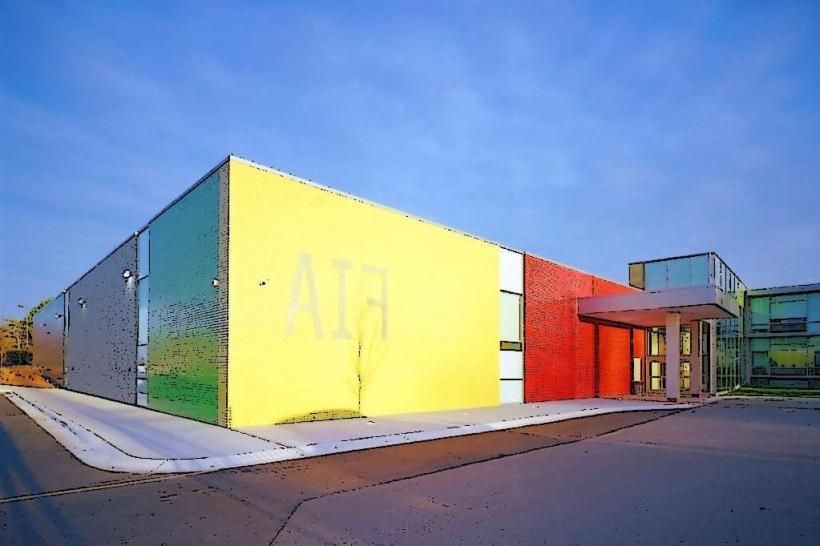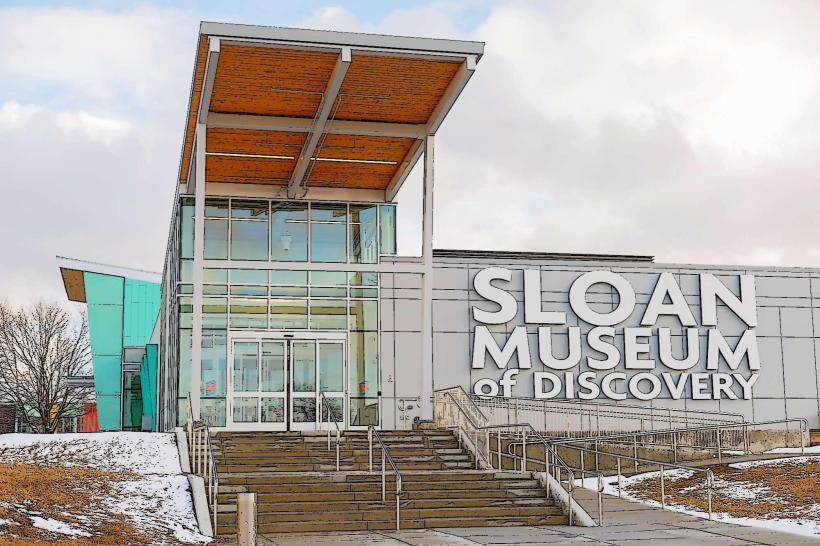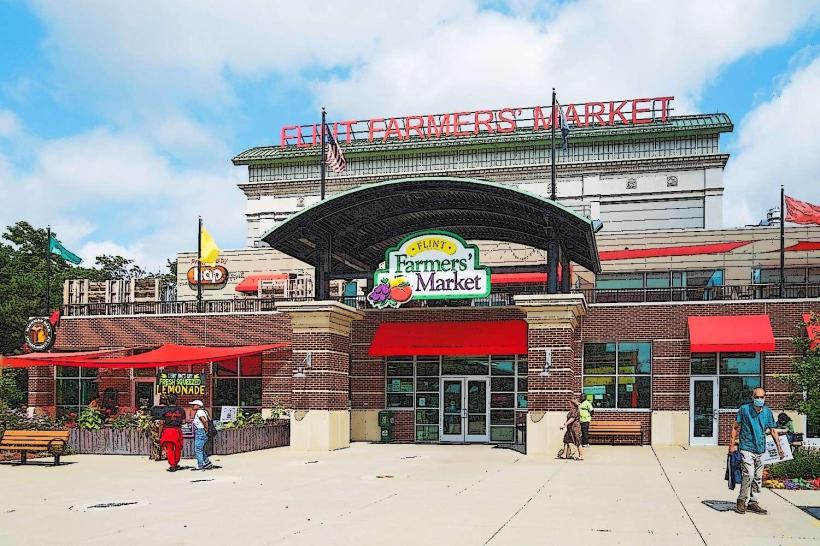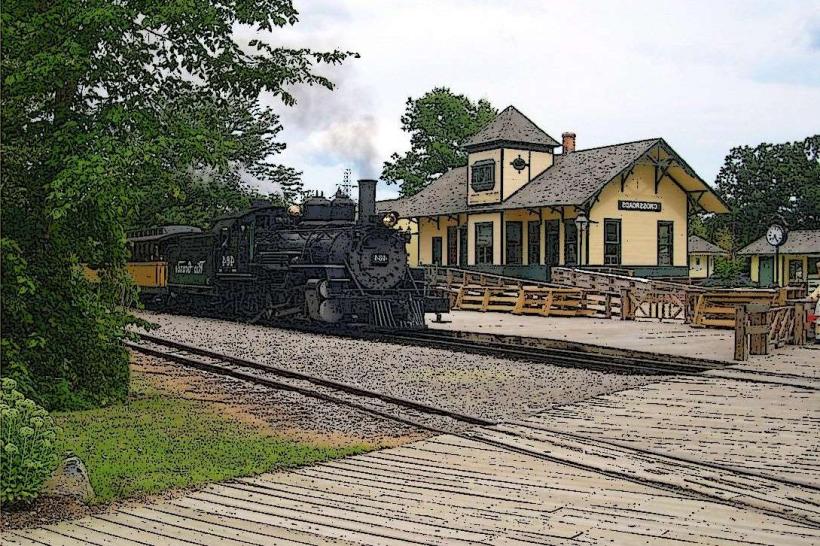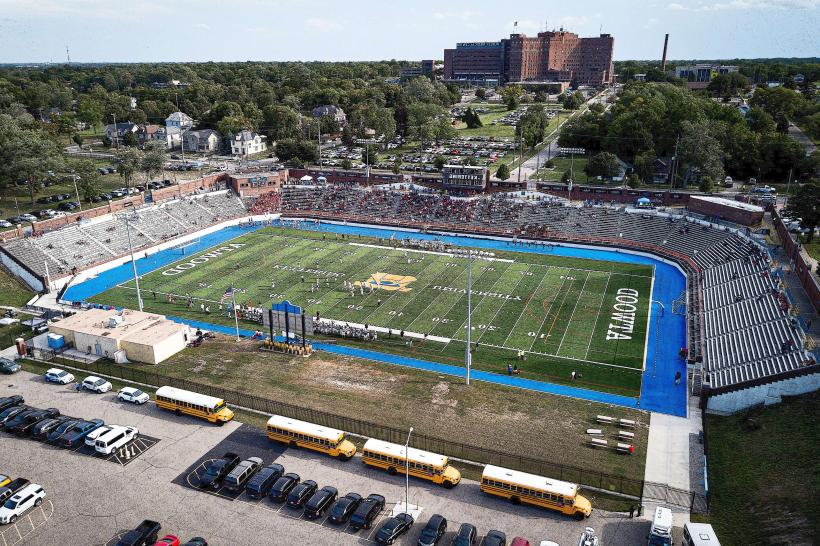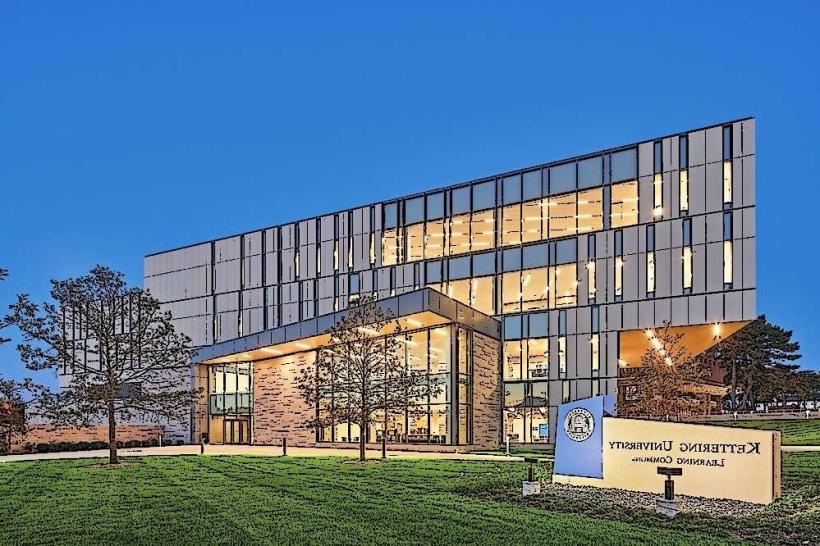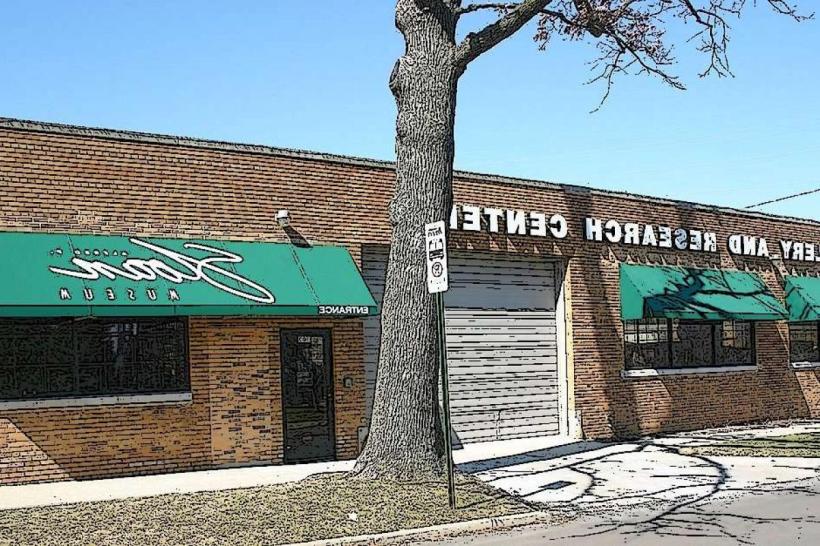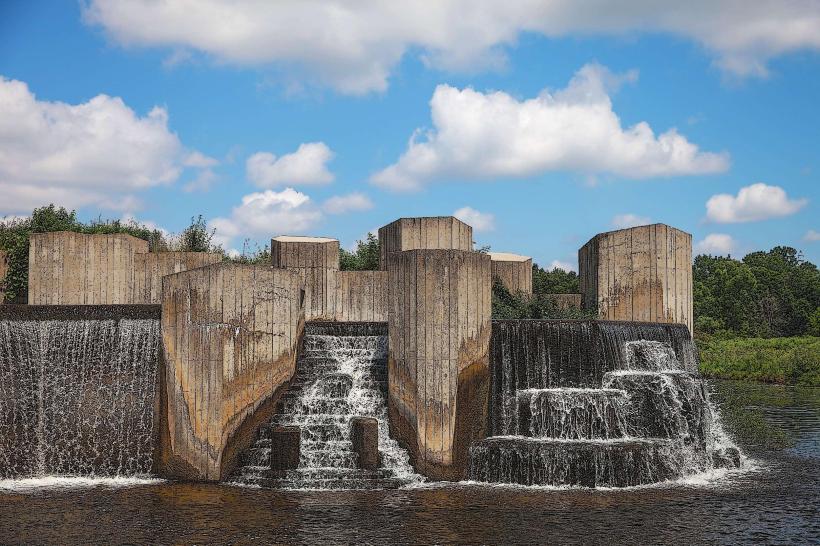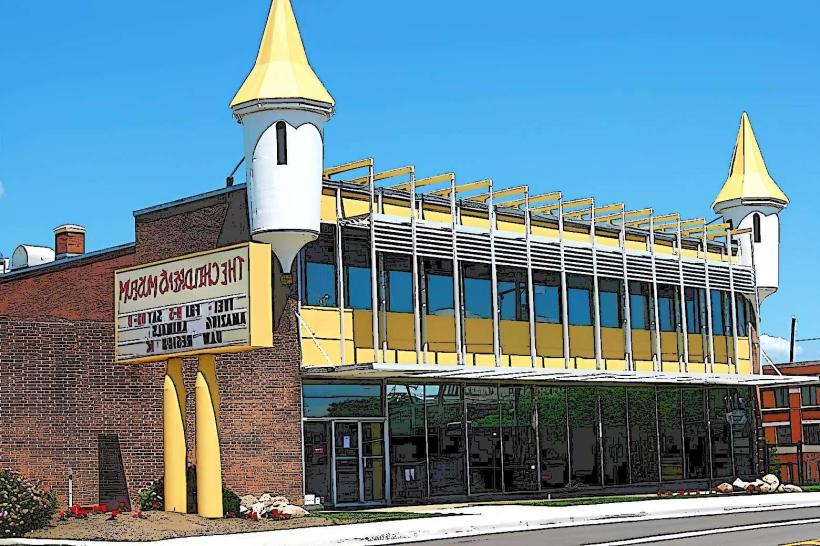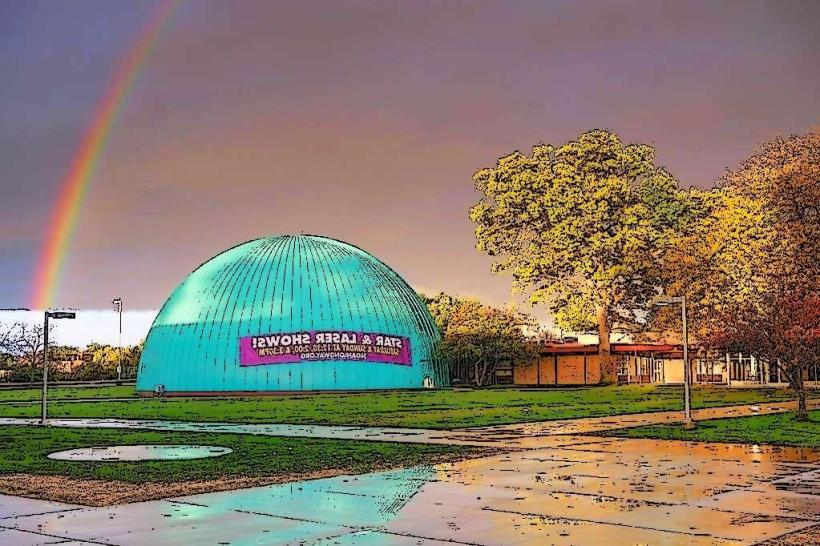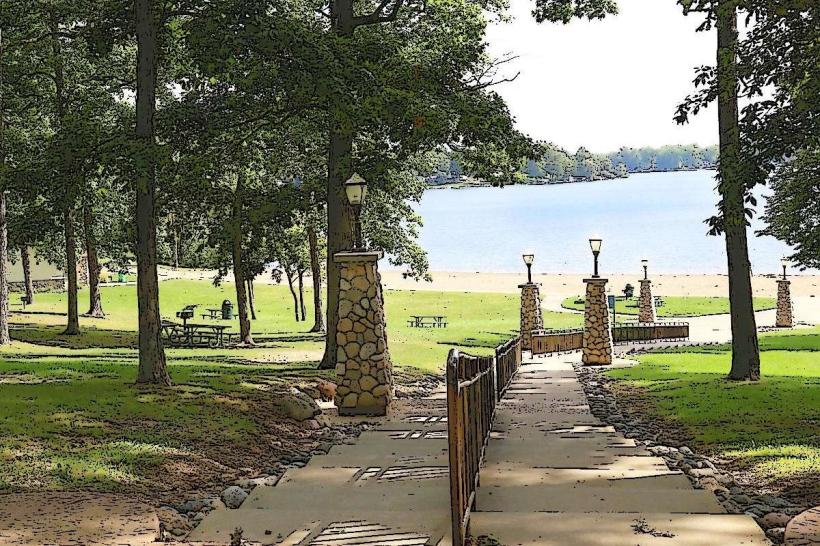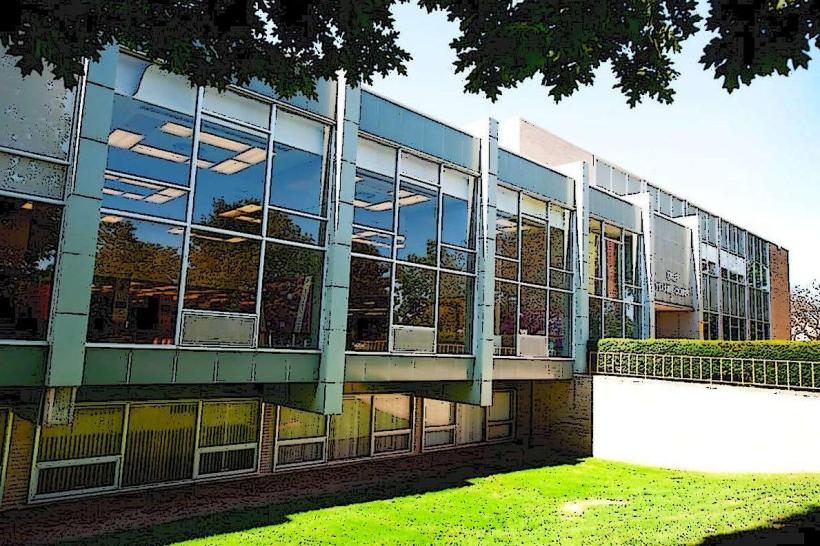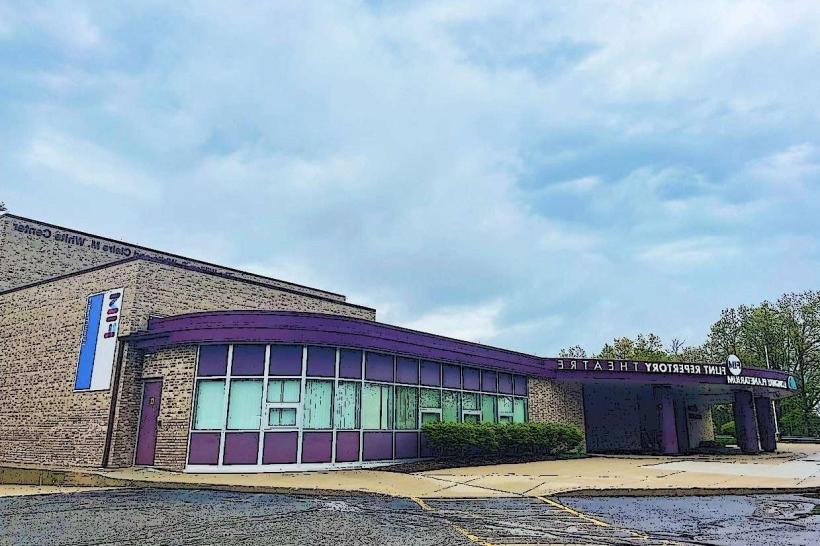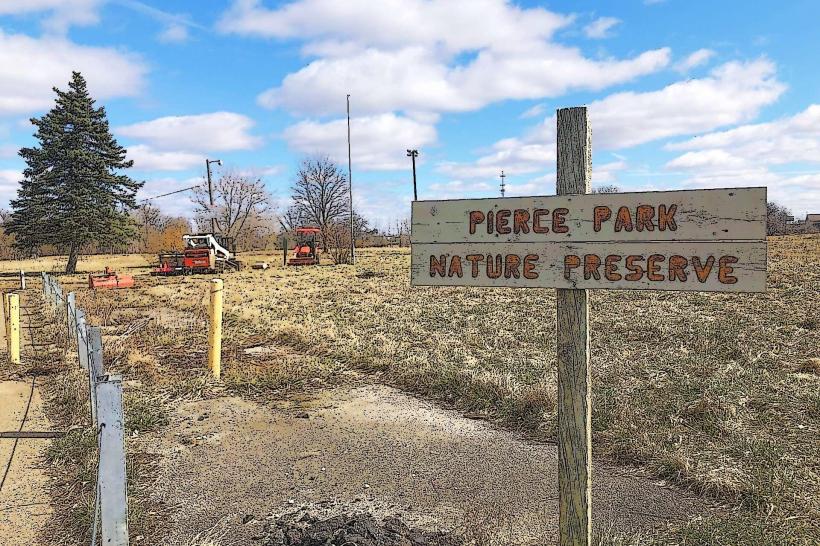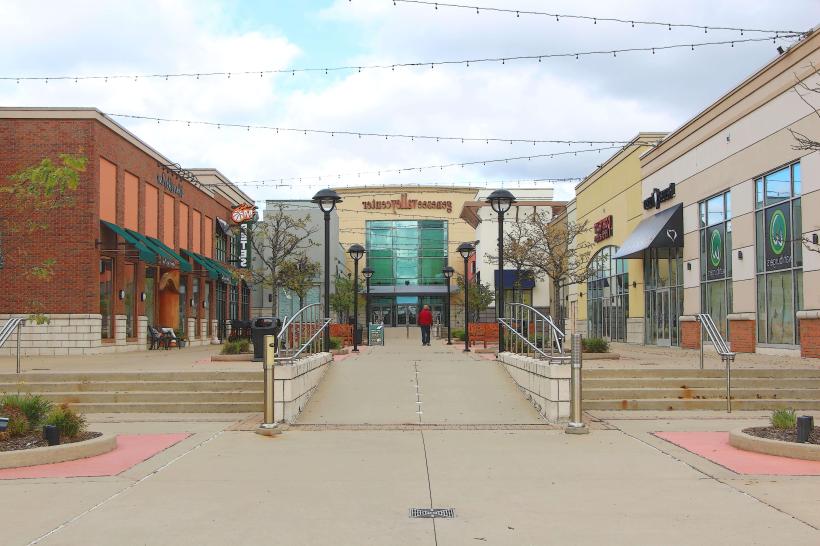Information
Landmark: Flint Cultural CenterCity: Flint
Country: USA Michigan
Continent: North America
Flint Cultural Center, Flint, USA Michigan, North America
The Flint Cultural Center (FCC) is a vibrant, sprawling 33-acre campus located in Flint, Michigan, serving as a key cultural, educational, and artistic hub for the city and the surrounding region. Established in the 1950s, the center is a focal point for community engagement and offers a rich blend of institutions dedicated to the arts, sciences, history, and education. The campus is managed by the Flint Cultural Center Corporation, a nonprofit organization that oversees its development, programming, and maintenance to ensure that it remains accessible and relevant to residents and visitors.
Campus Overview
The Flint Cultural Center encompasses several major institutions that collectively attract over 600,000 visitors annually. Its design and layout foster collaboration between various cultural and educational organizations, providing a unified campus that promotes creativity, learning, and community interaction. The center functions as a dynamic place where people of all ages can engage with arts, history, science, and music in meaningful ways.
Key Institutions within the Flint Cultural Center
Flint Institute of Arts (FIA)
Founded in 1928, the Flint Institute of Arts is the second-largest art museum in Michigan. It houses a comprehensive collection of over 8,000 pieces, including paintings, sculptures, decorative arts, and contemporary works. The FIA is renowned for its diverse exhibitions that range from classical to modern art, educational programs for all ages, and community outreach initiatives. The museum supports art appreciation through lectures, workshops, and studio classes, making art accessible and engaging to the local population.
Flint Institute of Music (FIM)
Established in 1971, the Flint Institute of Music is a multifaceted organization that includes the Flint School of Performing Arts, the Flint Symphony Orchestra, and the Flint Repertory Theatre. It is recognized as the eighth-largest community music school in the United States. FIM offers a wide variety of music education opportunities, including private lessons, ensemble participation, and performance events. The symphony and theater programs provide high-quality concerts and productions that enrich the cultural life of Flint.
Sloan Museum of Discovery
Originally opened in 1966 and named after Alfred P. Sloan, former CEO of General Motors, the Sloan Museum focuses on interactive science exhibits and the history of Flint and Genesee County. Following a significant $30 million renovation completed in 2022, the museum now offers expanded hands-on experiences, including galleries dedicated to STEM exploration, early childhood learning, local history, and automotive heritage. The museum’s engaging approach to education emphasizes discovery and resilience, making it a popular destination for families, students, and educators.
Longway Planetarium
Operating since 1958, the Longway Planetarium is the largest domed planetarium in Michigan. It offers immersive astronomy and space science shows that combine visual projections with engaging narration and music. The planetarium educates visitors about celestial phenomena, space exploration, and the universe, serving both school groups and the general public. Its programs complement the scientific focus of the Sloan Museum and provide a unique educational resource within the cultural center.
The Whiting Auditorium
The Whiting Auditorium is a premier performing arts venue within the campus, hosting a broad range of events including concerts, theatrical productions, dance performances, and lectures. The auditorium’s stage and seating facilities accommodate both local and touring acts, serving as a cultural gathering place that supports the performing arts community in Flint.
Flint Public Library
The Flint Public Library, part of the campus, functions as an essential resource for the community by providing access to books, digital media, research materials, and educational programs. The library supports lifelong learning and literacy initiatives, offering a welcoming environment for readers, students, and researchers.
Flint Cultural Center Academy
In 2019, the Flint Cultural Center Academy was established as a K-8 charter school integrated into the campus. This innovative school combines traditional education with experiential learning, leveraging the resources of the surrounding institutions. Students have unique opportunities to participate in art, music, science, and history programs directly linked to the cultural center’s offerings. The academy’s curriculum emphasizes creativity, critical thinking, and community engagement, fostering well-rounded development.
Community Role and Events
The Flint Cultural Center is more than just a collection of buildings-it is a lively community hub that hosts a wide range of public events and cultural celebrations throughout the year. These include art fairs, music festivals, educational workshops, theater productions, and family-friendly activities. The center actively promotes inclusivity and cultural diversity, encouraging participation from all sectors of the Flint community.
By providing accessible spaces and programming, the FCC supports local artists, educators, and performers, while also attracting visitors from outside the region. Its presence plays a crucial role in the economic and cultural revitalization of Flint, contributing to the city’s identity as a center of arts and education.
Facilities and Accessibility
The Flint Cultural Center campus is designed to be welcoming and accessible, with ample parking, pedestrian pathways, and facilities that accommodate people with disabilities. Its location in downtown Flint makes it a convenient destination for residents and tourists alike.
In summary, the Flint Cultural Center stands as a multifaceted institution that integrates art, music, science, history, and education in a collaborative environment. Through its diverse institutions and community-focused programming, it enriches the cultural fabric of Flint, making it a cornerstone for artistic expression, scientific discovery, and lifelong learning in the region.

